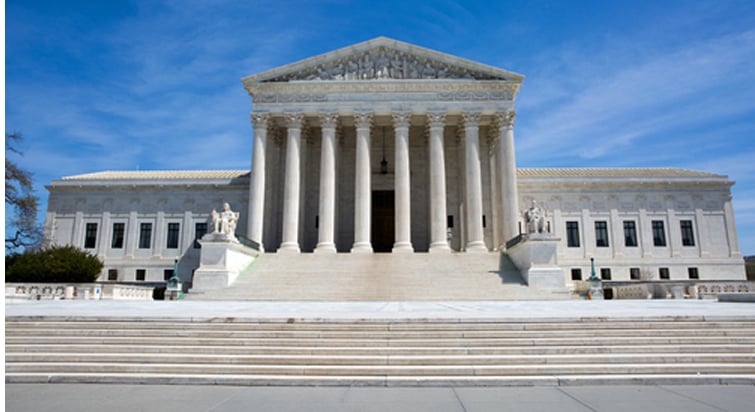SCOTUS adds cases on wayward presidential electors, contraceptive coverage exemptions

Image from Shutterstock.com.
The U.S. Supreme Court added two high-profile cases on Friday to its docket concerning faithless presidential electors and expanded exemptions to mandated contraceptive coverage.
The court agreed to consolidate and hear two faithless elector cases from Washington state and Colorado. At issue is whether states can replace or fine members of the Electoral College who refuse to support the winner of the state popular vote, report the Washington Post and the New York Times.
In the Colorado case, Micheal Baca had cast his vote for John Kasich, the former governor of Ohio, in 2016, even though state law at the time required him to vote for the winner of the state’s popular vote, Hillary Clinton. The 10th U.S. Circuit Court of Appeals at Denver ruled in August 2019 that the Electoral College system established by Article II and the 12th Amendment allows presidential electors to vote as they please.
In the Washington state case, three presidential electors failed to vote for Hillary Clinton, who won the state’s popular vote in 2016. The Washington Supreme Court held that states have the power to direct how electors perform their duties after appointment and to enforce that power through a fine.
The cases are Colorado Department of State v. Baca and Chiafalo v. Washington. The cert petitions are here and here.
The court also accepted and consolidated two contraceptive coverage cases. At issue are Trump administration rules that relax the Affordable Care Act requirement for many employers to provide contraceptive coverage.
The states of New Jersey and Pennsylvania had challenged the rules, Reuters reports. They have been blocked by a nationwide injunction, according to an ACLU press release.
The rules expand exemptions for employers’ religious objections to also allow exemptions for nonprofits and closely held companies based on “conscience rights.” They also expand the type of employers allowed to claim religious exemptions to include publicly traded as well as closely held companies.
The cases are Trump v. Pennsylvania and Little Sisters of the Poor v. Pennsylvania. The cert petitions are here and here.



